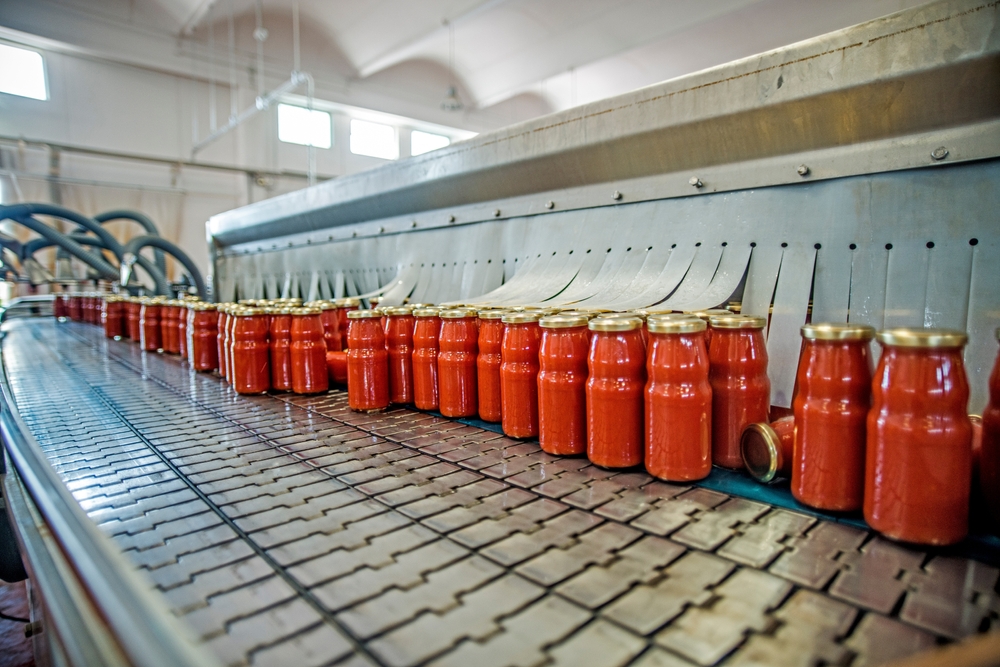You check ingredient labels for obvious culprits like high fructose corn syrup or artificial colors, but there’s a common food additive that’s flying under the radar while potentially wreaking havoc on your immune system. Emulsifiers — ingredients that help mix oil and water in processed foods — are increasingly linked to autoimmune diseases, and they’re hiding in foods you eat every day.
The scary part? This food additive linked to autoimmune disease is in everything from bread and ice cream to salad dressing and protein bars, often disguised under names you wouldn’t recognize as potentially harmful.
What emulsifiers actually do
Emulsifiers are chemical compounds that help ingredients that normally don’t mix — like oil and water — blend together smoothly. They’re what make your mayonnaise creamy, your ice cream smooth, and your salad dressing from separating in the bottle.
Common emulsifiers include lecithin, polysorbate 80, carrageenan, and carboxymethylcellulose. These ingredients have been considered safe by food regulators for decades, but mounting research suggests they may be disrupting our gut health in ways that trigger autoimmune responses.
Your intestinal lining is designed to be a selective barrier, letting nutrients in while keeping harmful substances out. Emulsifiers can damage this protective barrier, creating what’s known as “leaky gut syndrome.”
How emulsifiers trigger autoimmune responses
When emulsifiers damage your intestinal lining, they allow partially digested food particles and bacteria to leak into your bloodstream. Your immune system recognizes these foreign invaders and launches an attack to protect you.
The problem occurs when your immune system gets confused and starts attacking your own healthy tissues along with the foreign particles. This is the basic mechanism behind autoimmune diseases like rheumatoid arthritis, multiple sclerosis, and inflammatory bowel disease.
Research shows that emulsifiers can alter the composition of gut bacteria, reducing beneficial microbes while allowing harmful bacteria to flourish. This imbalance creates chronic inflammation throughout your body, which is a key driver of autoimmune conditions.
The research that’s raising red flags
Multiple studies have connected emulsifier consumption to increased inflammation and autoimmune activity. In laboratory studies, mice fed emulsifiers developed colitis, metabolic syndrome, and increased inflammation markers within weeks.
Human studies are showing similar concerning patterns. People with higher emulsifier intake have increased rates of inflammatory bowel disease, Crohn’s disease, and other autoimmune conditions. The correlation is strong enough that researchers are calling for more investigation into these supposedly safe additives.
What’s particularly alarming is that emulsifier consumption has increased dramatically over the past 50 years, coinciding with the rise in autoimmune disease rates. This timeline suggests a potential connection that can’t be ignored.
Where you’re getting exposed
This food additive linked to autoimmune disease is everywhere in the modern food supply. Processed foods rely heavily on emulsifiers to maintain texture, shelf life, and appearance. Even foods marketed as “healthy” or “natural” often contain these ingredients.
Common sources include packaged baked goods, ice cream, non-dairy milk alternatives, processed meats, salad dressings, and protein powders. Many gluten-free products are particularly high in emulsifiers because they’re used to replicate the texture that gluten normally provides.
Even seemingly innocent foods like almond milk, coconut milk, and organic salad dressings often contain emulsifiers. Reading ingredient labels becomes crucial when you’re trying to avoid these potentially harmful additives.
Your gut microbiome under attack
Your gut microbiome — the collection of beneficial bacteria in your intestines — plays a crucial role in immune function. About 70% of your immune system is located in your gut, making the health of your intestinal lining critically important.
Emulsifiers can reduce the diversity of beneficial bacteria in your gut while promoting the growth of harmful bacteria that contribute to inflammation. This disruption can have far-reaching effects on your immune system, mood, and overall health.
When your gut microbiome is imbalanced, your immune system becomes hyperactive and more likely to mistakenly attack your own tissues. This is why gut health is increasingly recognized as central to preventing and managing autoimmune diseases.
Protecting yourself from emulsifier exposure
The most effective way to reduce your exposure to this food additive linked to autoimmune disease is to minimize processed food consumption. Focus on whole, unprocessed foods that don’t require emulsifiers to maintain their texture or appearance.
When you do buy packaged foods, read ingredient labels carefully. Look for products with shorter ingredient lists and avoid items containing lecithin, polysorbate 80, carrageenan, and other emulsifiers.
Make more foods from scratch when possible. Homemade salad dressings, nut milks, and baked goods allow you to control exactly what goes into your food without relying on potentially harmful additives.
Supporting your gut health
If you’ve been consuming emulsifiers regularly, supporting your gut health becomes even more important. Include fermented foods like kefir, sauerkraut, and kimchi in your diet to promote beneficial bacteria growth.
Consider taking a high-quality probiotic supplement to help restore healthy gut bacteria balance. Prebiotics — found in foods like garlic, onions, and asparagus — feed beneficial bacteria and help them flourish.
Focus on anti-inflammatory foods like leafy greens, fatty fish, and colorful vegetables to counteract the inflammatory effects of emulsifier exposure.
The bigger picture
While emulsifiers aren’t the only factor in autoimmune disease development, they represent a significant and avoidable risk factor. Genetics, stress, other environmental toxins, and infections all play roles in autoimmune conditions.
However, reducing emulsifier exposure is something you can control through food choices. Given the potential connection between these additives and autoimmune disease, limiting exposure makes sense as part of a comprehensive approach to health.
Bottom line? The food additive linked to autoimmune disease is hiding in plain sight in your pantry. Emulsifiers may be convenient for food manufacturers, but they could be contributing to the rising rates of autoimmune diseases. Reading labels and choosing whole foods over processed options is your best defense against this hidden health threat.


















